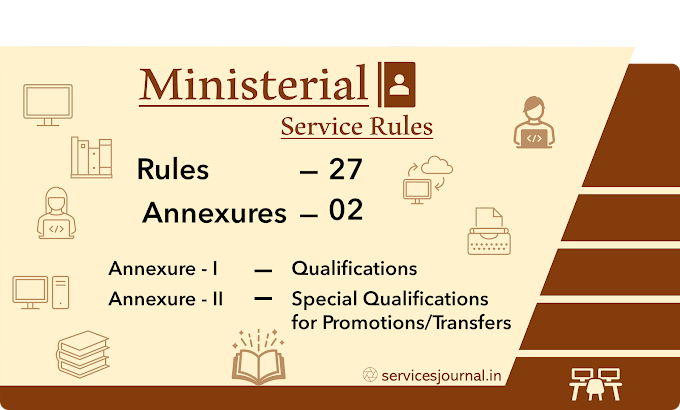Read the following: -
In the Government order read above instructions were issued that whenever a government servant threatens to seek redress in a Court of Law in respect of any matter connected with his employment or conditions of service, he may simply be informed that the threatened suit is awaited and that if he goes to court before exhausting the normal official channels of redress, disciplinary action can be taken against him.
2. The Government of India in their office Memorandum No.F.25/3/59-Ests (A), dated 21-4-1959 have expressed the view that the Government servants in the matter of grievances arising out of their employment or conditions of service should, in their own interest and also consistently with official propriety and discipline, first exhaust the normal official channels of redress before they take the issue to a Court of Law and where permission to sue Government in a court of law for the redress of such grievance is asked for by any Government servant either before exhausting the normal official channels or redress or after exhausting them, he may be informed that such permission is not necessary and that if he decides to have recourse to a court of law, he may do so on his own responsibility. The Government of Andhra Pradesh agree with the Government of India and direct in supersession of the orders issued in the G.O. cited as follows: -
a) Government servants
seeking redress of their grievances arising out of their employment or
conditions of service should, in their own interest and also consistently with
official propriety and discipline, first exhaust the normal official channels
or redress before they take the issue to a Court of Law;
b) whenever a government
servant asks for permission to sue Government in a Court of Law for the redress
of his grievances either before exhausting the normal official channels or redress
or after exhausting them, he may be informed that such permission is not
necessary and that if he decides to have recourse to a Court of Law, he may do
so on his own responsibility.













